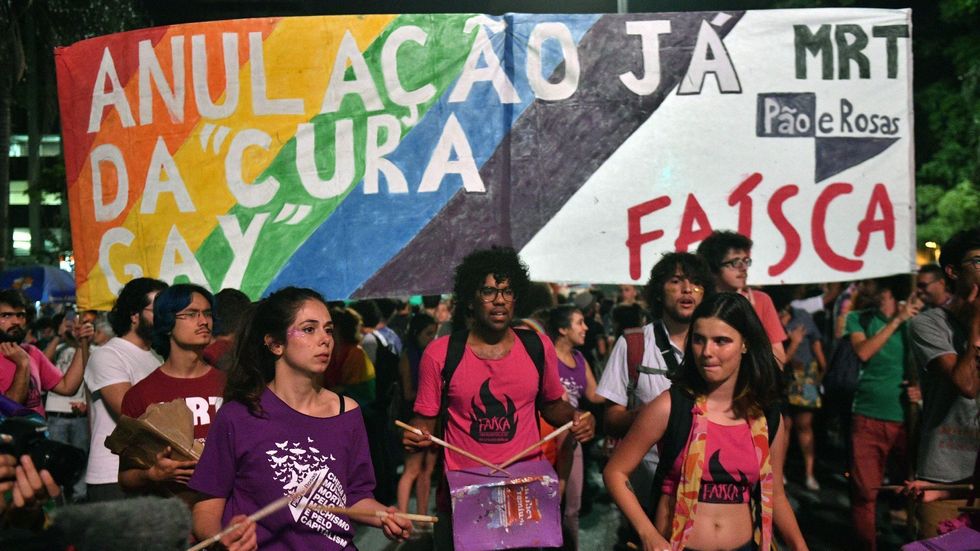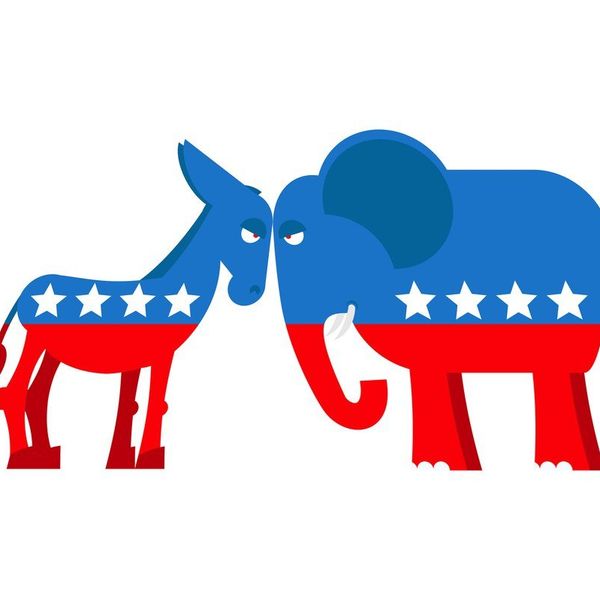Brazil is known as one of the most liberal countries in Latin America; so, it comes as a surprise that earlier this month, an 18-year-old ban on conversion therapy was overturned and this “form of therapy” was legalized.
Federal Judge Waldemar de Carvalho made this decision, who ruled in favor of Rozangela Justino, an Evangelist psychologist whose license was revoked after she was found providing conversion therapy and deeming homosexuality as a disease. Justino claimed that she cured hundreds of gay patients in 21 years and that people’s attraction to other people from the same sex comes from childhood abuse that they enjoyed. Additionally, due to her religious background, she has also said that she feels that God directed her to help homosexual people.
Her actions were a violation of the 1999 ban by Brazil’s Federal Council of Psychology which prohibited psychologists from offering conversion treatments.
Justino made the lawsuit that challenged the ban that was supported by Judge Carvalho, who argued that people who wish to voluntarily pursue the conversion therapy should be able to. Judge Carvalho released a statement saying that the Brazilian Constitution guarantees scientific freedom and recognizes human dignity. So, according to Judge Carvalho, professionals who wish to study those who want guidance in regards to their sexuality should be able to do so without any sort of prejudice or judgement. However, Judge Carvalho released a statement in which he said that he does not believe that homosexuality is a disease, but failed to mention how many experts regard conversion therapy as unsuccessful and harmful.
The ruling by this Federal Judge has sparked major controversy, with several protests taking place in the South American country. At the same time, many Brazilian celebrities have taken to social media to speak up against the ruling. Pop star Anitta released a video on Instagram in which she says that the authorities are wasting their time to announce that homosexuality is a sickness. Another singer, Ivete Sangalo, wrote on Instagram that the sick ones are those who believe in this great absurdity.
Additionally, many protest have been taking place all over Brazil. Carlos Daniel, the organizer from the demonstration that took place in Sao Paulo on September 22nd, said that he hoped the protest would help the public understand the graveness of Judge Carvalho’s decision. This type of decision would worsen the Brazilian LGBTQ+ community’s condition, especially considering that, even though Brazil became the first Latin-American country to recognize same-sex marriage, according to the Grupo Gay da Bahia in 2016, nearly 1,600 people have died because of homophobic hate crimes.
Some members of the community have argued that this decision could mean a step back, not only for the Brazilian community, but for the entire LGBTQ+ community and its achievements.















